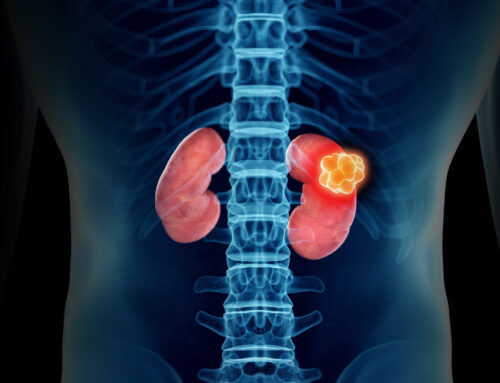What is Parkinson’s disease?
Parkinson’s is a slowly advancing disease that may cause symptoms like tremors, limb rigidity, and movement and balance difficulties. It is a mobility disorder originating from a brain dysfunction that affects specific neurons and reduces dopamine production. Although every patient reacts differently to this disease, complications are often severe.
There are about 10 million people in the world living with Parkinson’s. While additional research is still required, there is no current cure for this disease.
Parkinson’s outcome
Signs of Parkinson’s disease might appear early in the shape of small handwriting and loss of smell. However, these symptoms may not affect two persons in the same way. As a neurodegenerative disorder, the patient’s overall health determines the progression of the disease. For example, one side of the body is often affected first, but eventually, the symptoms appear on both sides.
While available medications and therapies can manage most symptoms, Parkinson’s is an incurable disease, and patients will need more potent drugs and more aggressive approaches to improve their quality of life over time.
The red tulip
This flower has been associated with Parkinson’s since 1980, when J.W.S. Van der Wereld, a Dutch florist, developed this variant of the tulip. In 2005, at the 9th World Parkinson’s Disease Day Conference, the red tulip was officially adopted as the symbol of the disease.
By wearing the red tulip, individuals, organizations, and authorities help raise awareness and support for patients and their families worldwide.

The role of hospice care in Parkinson’s treatment
Living with a progressive and incurable disease like Parkinson’s eventually leads to discussions regarding end-of-life arrangements between the patient, the family or caregivers, and the health providers. We know that hospice sometimes has negative associations with some individuals. However, it is vital to overcome these thoughts as an essential first step toward having a conversation about hospice care.
At Ascend Hospice Care, we advocate for treating our patients with the utmost dignity and respect. In addition, we participate alongside their family, loved ones, and healthcare team to discuss their end-of-life desired care.





